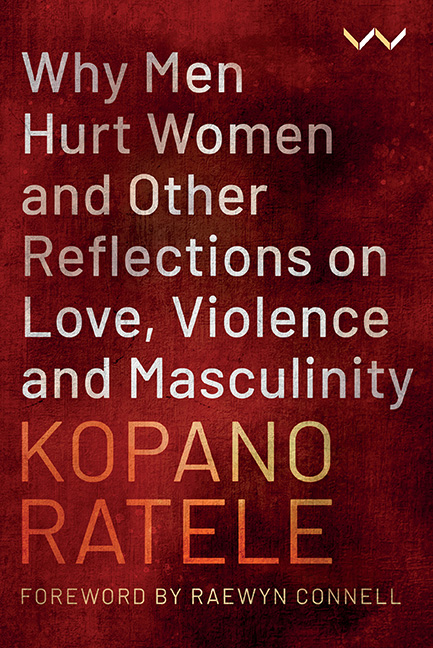22 - ‘There was nothing suspicious about him’
Published online by Cambridge University Press: 24 November 2023
Summary
Just as in matters of loving and being loved, vulnerability is baked into trust. And as with love, trusting others and being trusted do not headline news make.
The closer the attention I pay to news reports of violence, the more I realise there is one other thing we could use but are not getting help with from African social scientists and humanists. We could use the help of these experts, who are employed to explain our society and our subjectivities, to write for us, not for each other – but that is not help I am asking for at this moment. Of immediate concern in this reflection is the help we could use in the form of productive, creative thought that seeds how, within a context of pervasive and gratuitous violence that characterises society, we might repair psychosocial mutuality – assuming that such thinking, or its effects, reaches those who desperately need it.
It is common cause that violence has become part of the ambience of our lives. Less common is the understanding that because of this ubiquity of violence, trust connections – which are interlinked with other affective attachments like love – have been extensively damaged. The impairment of trust as social capital can be traced back centuries. We could not trust the racist, colonial and apartheid governments, because they were not elected to care for us. Exploitation, theft, corruption on an industrial scale, oppression in various forms, and different refinements in methods of humiliation – these were at the core of what those governments were about. There was also segregation, the ideology of superiority of some over others, and the internalisation of inferiorisation in many. The use of violence to ensure that these aims were achieved was part and parcel of that centuries-old history. These governments simply could not be trusted, of course.
The reality of oppression and cruelty could not remain out there, only touching the surface of our skins. The historical lack of trust in the whites who governed – or rather misgoverned – us under duress would seep into our interiors. And so our psychosocial relationships with whites were sullied. Many feared their barely concealed violence, the constant threat they posed.
- Type
- Chapter
- Information
- Publisher: Wits University PressPrint publication year: 2022



